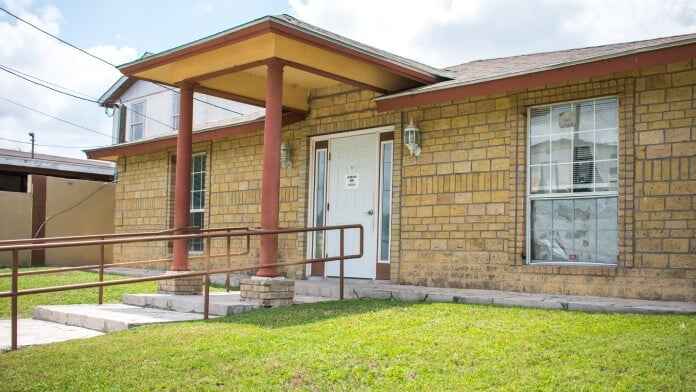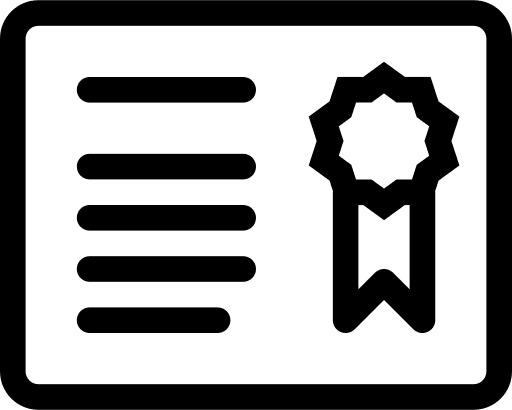About SCAN – Serving Children and Adults in Need – Serenidad Women’s Recovery Home – Laredo
Just a few miles from the Mexico border is Laredo, Texas. The city is home to SCAN’s Serenidad Women’s Recovery Home. Their residential program is for adult women. You can participate in care for substance abuse and mental health disorders to reach your recovery goals.
Residential programs allow you to live on campus and receive continuous care. With an almost 95% Hispanic population, their program offers a culturally sensitive approach with services in Spanish and English. Their facility has 12 beds and offers proven therapeutic approaches. There are group, individual, and family counseling, case management, and relapse prevention workshops. These interventions build essential coping and life skills.
Their support services are pretty notable. You can access holistic care to heal your mind and soul. Recreational and social activities, mindfulness groups, and old fashioned exercising are available. You’ll benefit from adopting self-care activities and discovering new ways to have fun without drugs.
It’s also neat that Laredo has some cool amenities to supplement your care. Offsite, you can go to Rio Bravo River Park to the west or the Ricardo Molina Sr. Community Center across town. Unwind, relax, and stretch your legs between sessions.
Another feature I noticed was they offer a tobacco cessation program. Nicotine addiction can be just as harmful as drugs or alcohol. They help you take your health back and overcome tobacco use.
I like that they accept pregnant women. They strive to help you strengthen and rebuild your bond with your children with family resources. You can access referrals to services for your children, reproductive healthcare, and parenting services. That way you can access the tools to foster a brighter future for you and your baby.


